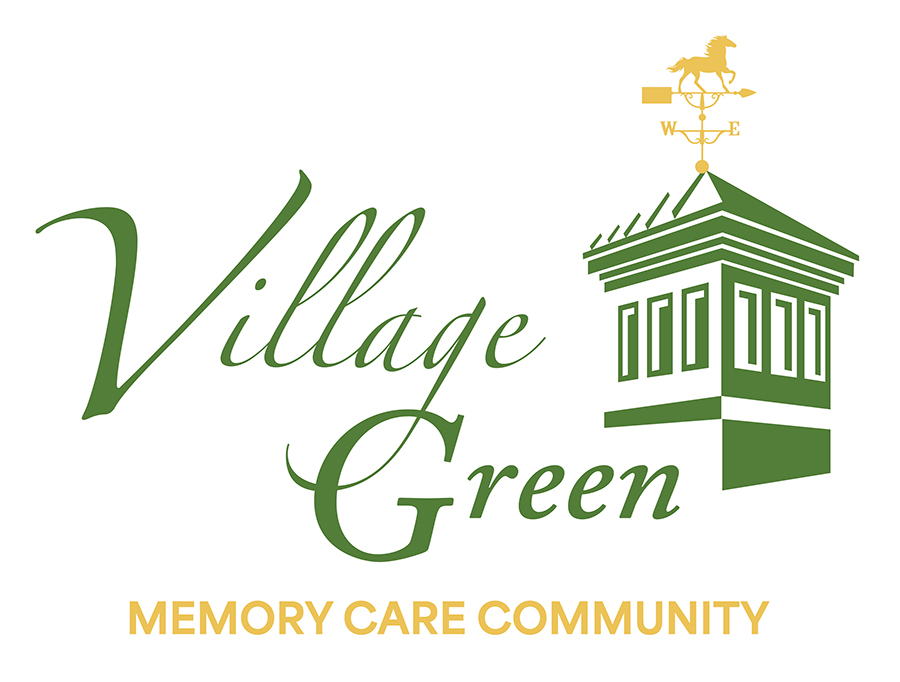Most Suitable Memory Care Options For seniors With Low-Income
Alzheimer’s & other forms of dementia need to be dealt with with utmost care and concern. With the remarkable increase in the number of Alzheimer’s cases, huge numbers of memory care communities are being built to support the complex care requirements. This is useful when taking care of a senior is no longer an option under residential care. Memory care service is a long-term committed care facility observed inside a secured property & having a support staff specialized in dealing with people suffering from different forms of dementia. The activities and programs in such facilities are customized according to the distinguished needs of the residents. These programs have been flexibly designed to cope up with the progressive nature of the disease.
Memory Care Facilities for Low-Income Seniors
Under the memory care facility, seniors with mild to moderate loss of memory have been taken care of in an apartment kind of set-up. Here, maximum health support & skilled nursing staff is available to assist with the daily chores. These facilities may include some engaging meal programs for active participation from the residents. These set-ups support the residents dealing with memory loss to maintain a certain level of independence along with a secured facility, which is safe & warm like their home. These memory care units help those who are living in with additional assistance for routine tasks & also ensure safety measures for those who are prone to wandering. The residents housed in such facilities also support for medication management along with medication administration.
A superior skilled memory care unit is ideal for seniors dealing with mid to late-stage memory loss challenges. These care units are popularly known as nursing homes. These nursing homes offer greater assistance with better safety measures. Here the residents may share a private room & have access to communal spots such as activity area, dining room and a lounge room. Here the residents are accessible to the nursing home staff along with authorized visitors only.
Alternative Non-Residential Memory Care for Low-Income Seniors
For those who can continue living in their own homes alone or alongside help on a full-time or part-time basis, home care facilities may be an alternative. Here, the hiring of personal care assistance through an agency may prove to be a costly affair. However, the cost will certainly be lesser than residential memory care.
There are other programs available which may reduce the financial strain on the caregiver. For example, caregiver homes provide a special in-house care-giving facility, which helps the family caregivers for routine activities.
Advantages of Memory Care for seniors with Low Income
It is indeed more appropriate to have the right kind of specialized care for you or your loved one during the fight against dementia & such illnesses. This offers great peace of mind because the loved ones are in a safe & warm environment. These aided living set-ups also provide an alternative for you as well as your loved one to manage a certain level of independence alongside the progressing memory impairment. These facilities ensure a perfect set-up to offer comfort to your loved ones until their last days.
Memory care facilities are indeed a boon for the loved ones as well as the caregivers. They offer the much-needed alternative for the secured & warm residential care environment of the home. Under various circumstances, it is not possible to keep seniors with low income under residential care. Here, the above-suggested memory care alternatives may be of some help. These care facilities will provide a great solution for the illness when finances are constrained.
Schedule an appointment with us to learn more.

